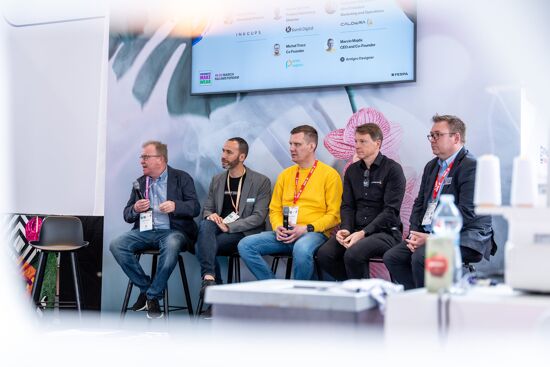KLS Pureprint aims to become the world’s greenest printing company
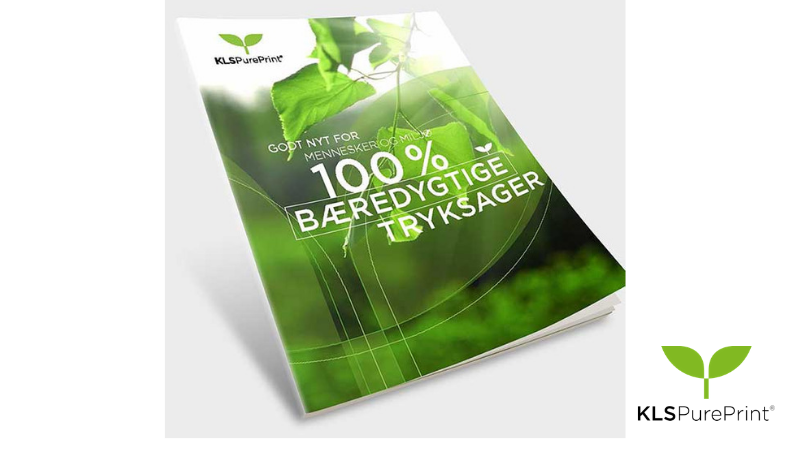.png?width=750)
Laurel Brunner discusses how Danish green printing company, KLS Pureprint have strong sustainability ethics based on circular thinking for technology and biology since 1997.
There are signs that Circular Economy thinking is gaining traction in the printing business. Since 1997 KLS Pureprint has been striving to become the world’s greenest printing company, with a sustainability ethic based on circular thinking for technology and biology. This strategy has been in place since 1997 and KLS Pureprint is still in business. Certifications to ISO 9001, ISO 14001 and Nordic Swan have been part of the progress, and commercial objectives, rather than altruism are driving the strategy.
KLS has been carbon neutral since 2009 and runs an all electric vehicle fleet. The business is powered by wind turbines and runs both offset presses and digital. It is also compliant to ISO 12647-2, for process control in offset printing, which helps the company to fulfill its waste minimisation and quality control policies.
In 2012 KLS Pureprint started developing a 100% biodegradable material for print. Pureprint substrates have no chemicals or heavy metals and are intended for disposal in landfill or composting where it will rapidly biodegrade. It can also be recycled and the company offers a version of Pureprint based on recycled printed matter. The project was set up for commercial reasons, but it is also part funded by the Danish Business Authority’s Fund for Green Business Development. The first materials under the Pureprint brand were introduced in 2015, and what was previously KLS became KLS Pureprint.
KLS Pureprint is taking a novel approach to cutting environmental impacts, by investing in the development of its own paper products, and using inks and varnishes that are also 100% compostable. But the company also recognises that the traditional business model for the printing industry is old and outmoded, making print increasingly uncompetitive. Far better to have a new business model that contains resources within a circular economy and meets customer expectations for quality and sustainability in a way that is proven and accountable.
This raises questions that go beyond substrate innovations in Denmark and that have a broader relevance. Top of the list everywhere has to be sorting and recycling. There are neither reference standards for this, nor consistency of approach. There is also the matter of how substrates are managed for recycling, for instance their processing according to how they were printed as well as the chemical composition of the materials involved.
Companies like KLS Pureprint are still rare. However as awareness of environmental impact and circular economy concepts rises, more people are looking at how to improve print’s sustainability and actually doing something about it. And that has to be a good thing.
Source: This article was produced by the Verdigris project, an industry initiative intended to raise awareness of print’s positive environmental impact. This commentary helps printing companies keep up to date with environmental standards, and how environmentally friendly business management can help improve their bottom lines. Verdigris is supported by the following companies: Agfa Graphics, Spindrift.click, EFI, FESPA, HP, Kodak, Kornit Digital, Ricoh, Splash PR, Unity Publishing and Xeikon.
Topics
Interested in joining our community?
Enquire today about joining your local FESPA Association or FESPA Direct
Recent news
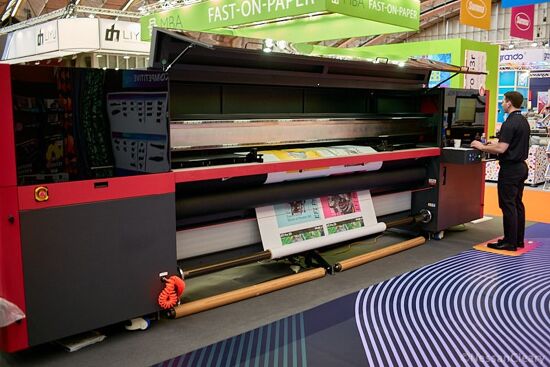
Are analytics services worthwhile for wide format printing?
Nessan Cleary shares how press manufacturers are increasingly offering machine analytics services and shares if these are good value for money in the wide format sector.
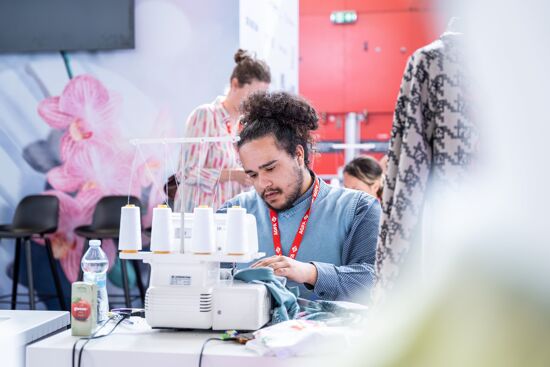
Smart factories and customisation technology explored at Personalise Make Wear 2024
FESPA's Textile Ambassador, Debbie McKeegan speaks to industry specialists at Personalise Make Wear at Personalisation Experience and Sportswear Pro 2024 held in Amsterdam. Each day of the exhibitions Debbie hosted a fire-side chat with these specialists to discuss various industry topics. During this Fire-side chat with Antigro, Caldera, Print Logistics, Inkcups and Kornit Digital they discuss the role of digital technologies in personalisation, reshaping the supply chain, the future of manufacturing and more.
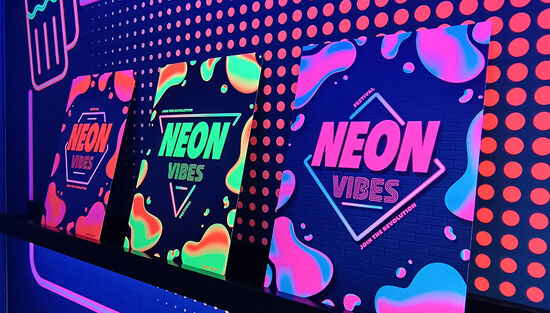
The pros and cons of Digital Signage and Printed Signage
Sonja Angerer discusses the pros and cons of both digital signage and printed signage. Current developments such as artificial intelligence and spatial computing are changing the situation once again. How will this shift affect printers?
